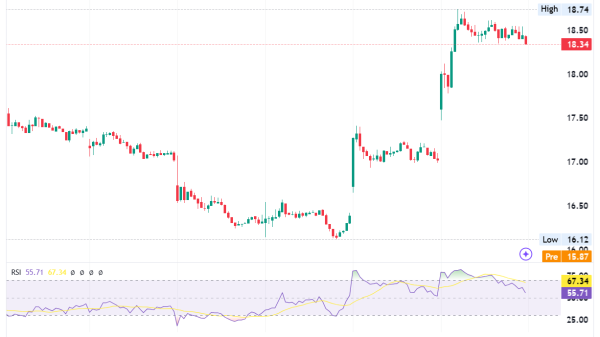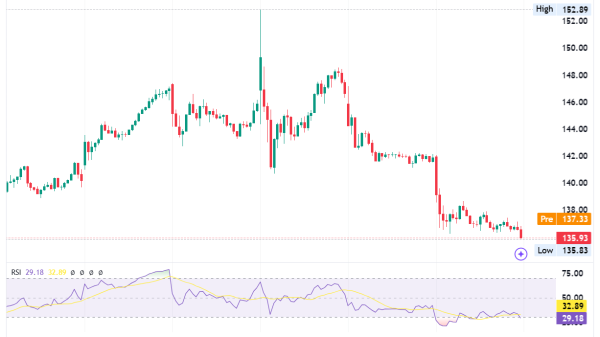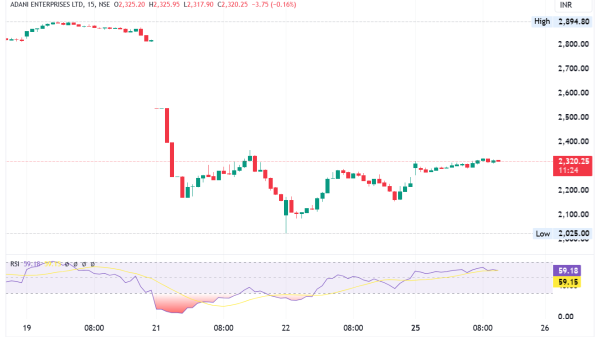
By Andrew Chung, David Shepardson
WASHINGTON (Reuters) -The U.S. Supreme Court decided on Wednesday to hear a bid by TikTok and its China-based parent company, ByteDance, to block a law intended to force the sale of the short-video app by Jan. 19 or face a ban on national security grounds.
The justices did not immediately act on an emergency request by TikTok and ByteDance, as well as by some of its users who post content on the social media platform, for an injunction to halt the looming ban, opting instead to hear arguments on the matter on Jan. 10.
The challengers are appealing a lower court’s ruling that upheld the law. TikTok is used by about 170 million Americans.
Congress passed the measure in April and President Joe Biden, a Democrat, signed it into law. The Justice Department had said that as a Chinese company, TikTok poses “a national-security threat of immense depth and scale” because of its access to vast amounts of data on American users, from locations to private messages, and its ability to secretly manipulate content that Americans view on the app. TikTok has said it poses no imminent threat to U.S. security.
TikTok and ByteDance asked the Supreme Court on Dec. 16 to pause the law, which they said violates free speech protections under the U.S. Constitution’s First Amendment.
TikTok on Wednesday said it was pleased the court will take up the issue. “We believe the court will find the TikTok ban unconstitutional so the over 170 million Americans on our platform can continue to exercise their free speech rights,” the company said.
The companies said that being shuttered for even one month would cause TikTok to lose about a third of its U.S. users and undermine its ability to attract advertisers and recruit content creators and employee talent.
The U.S. Court of Appeals for the District of Columbia Circuit in Washington on Dec. 6 rejected the First Amendment arguments by the companies.
In their filing to the Supreme Court, TikTok and ByteDance said that “if Americans, duly informed of the alleged risks of ‘covert’ content manipulation, choose to continue viewing content on TikTok with their eyes wide open, the First Amendment entrusts them with making that choice, free from the government’s censorship.”
Senate Republican leader Mitch McConnell on Wednesday, in a brief filed with the Supreme Court, urged the court to reject any delay, comparing TikTok to a hardened criminal.
A U.S. ban on TikTok would make the company far less valuable to ByteDance and its investors, and hurt businesses that depend on TikTok to drive their sales.
Republican President-elect Donald Trump, who unsuccessfully tried to ban TikTok during his first term in the White House in 2020, has reversed his stance and promised during the presidential race this year that he would try to save TikTok. Trump said on Dec. 16 that he has “a warm spot in my heart for TikTok” and that he would “take a look” at the matter.
Trump takes office on Jan. 20, the day after the TikTok deadline under the law.
In its decision, the D.C. Circuit wrote, “The First Amendment exists to protect free speech in the United States. Here the government acted solely to protect that freedom from a foreign adversary nation and to limit that adversary’s ability to gather data on people in the United States.”
TikTok has denied it has or ever would share U.S. user data, accusing U.S. lawmakers in the lawsuit of advancing speculative concerns. It has characterized the ban as a “radical departure from this country’s tradition of championing an open Internet.”
The dispute comes at a time of growing trade tensions between the world’s two biggest economies after the Biden administration placed new restrictions on the Chinese chip industry and China responded with a ban on exports of gallium, germanium and antimony, metals which are used in making high-tech microchips, to the United States.
The U.S. law would bar providing certain services to TikTok and other foreign adversary-controlled apps including offering it through app stores such as Apple (NASDAQ:AAPL) and Alphabet (NASDAQ:GOOGL)’s Google, effectively preventing TikTok’s continued U.S. use unless ByteDance divests TikTok by the deadline.
An unimpeded ban could open the door to a future crackdown on other foreign-owned apps. In 2020, Trump had also tried to ban WeChat, owned by Chinese company Tencent, but was blocked by the courts.

































